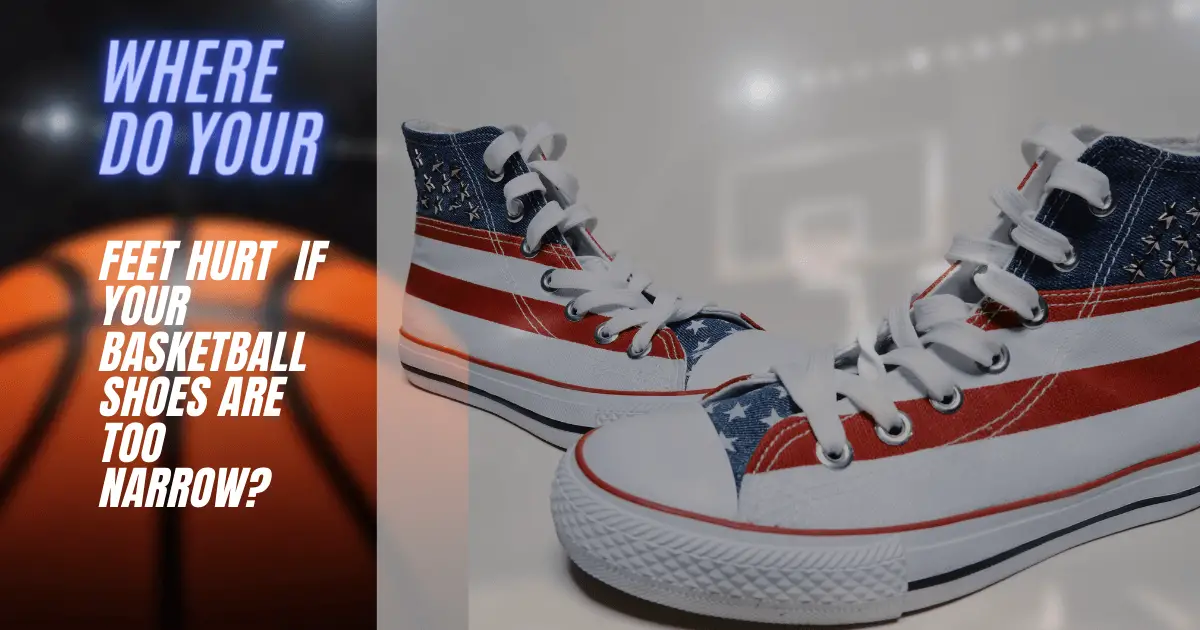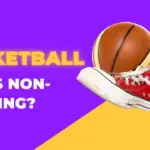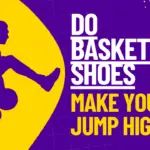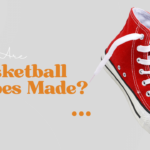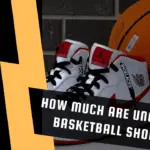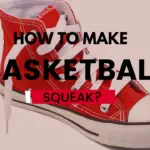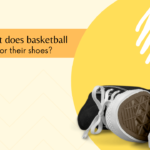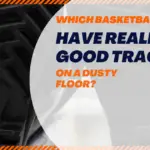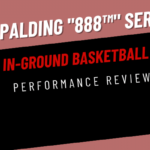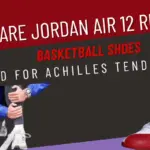When you wear shoes that are too narrow, it can cause pain in different areas of your feet. The most common places are the ball of your foot, heel, and arch.
This can happen because when your shoes are too tight, they put pressure on these areas of your feet and can cause problems like bunions, calluses, and blisters. Wearing shoes that fit properly is essential for preventing these problems.
Where Do Your Feet Hurt If Your Basketball Shoes Are Too Narrow?
Pinching In The Toes:
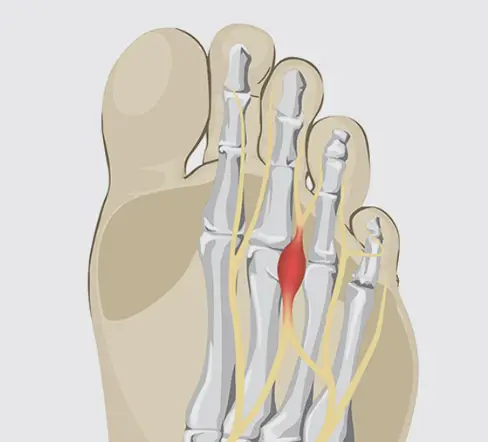
One problem that can occur is if your basketball shoes are too narrow. This can cause your toes to pinch together, which can be extremely painful. Sometimes, it may even require you to stop playing basketball altogether.
Blisters On The Sides Of The Feet:
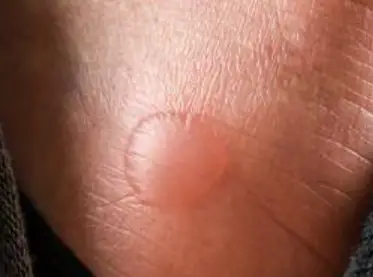
Wearing shoes that are too narrow can also cause friction and rubbing on the sides of your feet, which can lead to blisters. If you’re experiencing pain on the sides of your feet, you must check your shoes to see if they’re too tight.
Calluses On The Pinky Toe:
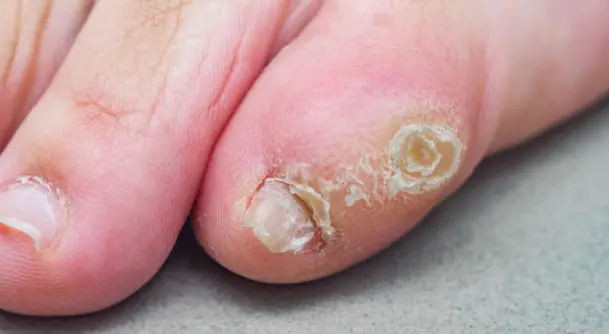
Calluses on your pinky toe are another common issue by wearing narrow basketball shoes. Calluses are a buildup of dead skin cells that can become painful and make walking difficult. Wearing shoes that fit properly can help prevent calluses from forming. If you already have calluses, there are several ways to treat them at home.
Foot Cramps:
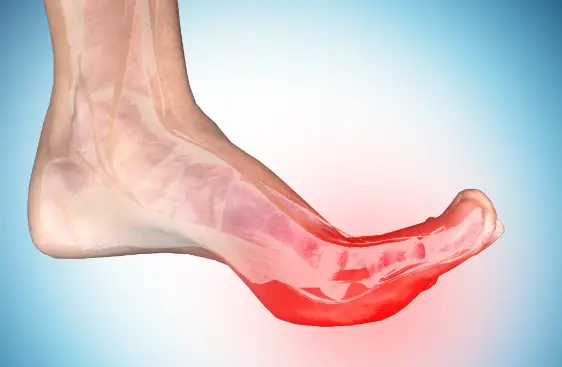
Narrow basketball shoes can cause the muscles in your feet to become exhausted and overworked, leading to cramping.
Metatarsalgia:
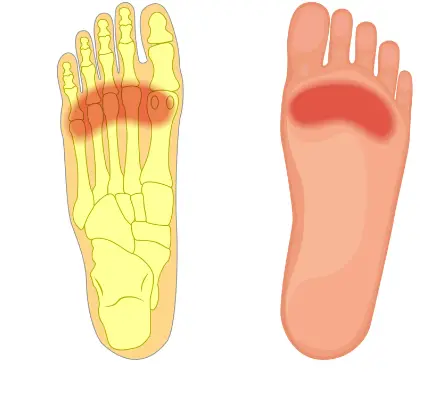
Another common issue is called metatarsalgia. This is when the ball of your foot becomes painful and inflamed. This can happen when the bones in your foot rub against each other or the ligaments and tendons become irritated.
Plantar Fasciitis
Most people suffer from Plantar fasciitis when they wear narrow shoes. This is when the tissue that runs along the bottom of your foot becomes inflamed. This can be caused by overuse or wearing shoes that don’t provide enough support. These two conditions can make it difficult to get out of bed in the morning. Both can be painful, even when you’re just sitting around.
How Do You Tell If Shoes Are Too Narrow For You?
Slide your hand inside the shoe and see if you can comfortably fit your fingers between the side of your foot and the inside. If not, then the shoes are likely too narrow for you.
Look at the wear pattern on the soles of your shoes. If the wear is concentrated in a small area on the inside edge of the sole, that’s a good indication that the shoes are too narrow for you.
How Do You Stop Tight Basketball Shoes From Hurting Your Feet?
Break In:
Break in your shoes gradually. Don’t wear them for more than a few hours at first.
Wear Thick Socks:
Wear socks that are thicker than usual. This will help cushion your feet and prevent the shoes from rubbing too much.
Use Shoe Inserts:
Use shoe inserts or pads to make the shoes fit better and feel more comfortable.
If the pain is severe, consider getting new shoes that fit better.
Can Tight Shoes Cause Heel Pain?
Wearing shoes that are too tight can cause heel pain. It can also cause bunions, calluses, and blisters. If you experience any of these problems, you should see a doctor or podiatrist.
How Should Your Basketball Shoes Fit?
Your shoes should fit snugly but not be so tight that they’re uncomfortable.
If your shoes are too loose, they can also cause problems. You might trip over them or slip while you’re running. Loose shoes can also rub against your skin and cause blisters. Make sure your shoes have a snug fit to play your best game.
FAQs
Why do vans hurt my pinky toe?
There could be a few reasons why your Vans shoes are causing discomfort to your pinky toe.
- Incorrect Sizing: It’s possible the shoe size is incorrect. If your shoes are too tight, they can squish your toes and cause discomfort. Additionally, your foot size can change over time, so it’s a good idea to have your feet measured before buying new shoes.
- Shoe Shape: The design of Vans shoes might not match the shape of your feet. People have different foot shapes, and if your pinky toe is being squished, the shoe might be too narrow for your foot.
- Breaking In: New shoes sometimes need to be broken in before they become comfortable. If your Vans are new, wearing them for short periods and gradually increasing the duration can help make them more comfortable.
- Toe Position: You might be positioning your toes awkwardly within your shoe, leading to discomfort. Try to align your toes straight ahead when you’re putting your shoes on.
What shoul I look for plantar fasciitis basketball shoes?
If you’re a basketball player suffering from plantar fasciitis, you’ll want to look for basketball shoes that offer good arch support and cushioning. Features to look for might include:
- Good arch support: Shoes with strong arch support can help to alleviate the pressure on your plantar fascia.
- Cushioning: A shoe with extra cushioning can absorb the impact of running and jumping, reducing strain on your feet.
- Stability: Shoes that provide stability can help to prevent overpronation, a common cause of plantar fasciitis.
- Correct sizing: As with any shoe, make sure the basketball shoes you choose are the correct size. They should fit comfortably without being too tight or too loose.
- Shoe inserts: In some cases, over-the-counter or custom orthotic inserts may be beneficial for additional support and cushioning.
Conclusion:
In conclusion, your feet will hurt if your basketball shoes are too narrow. You may experience pain in your toes, arch, heel, or ankle. Wearing too-narrow shoes can also lead to bunions, calluses, and hammertoes. If you are experiencing any of these problems, you must see a doctor or podiatrist.
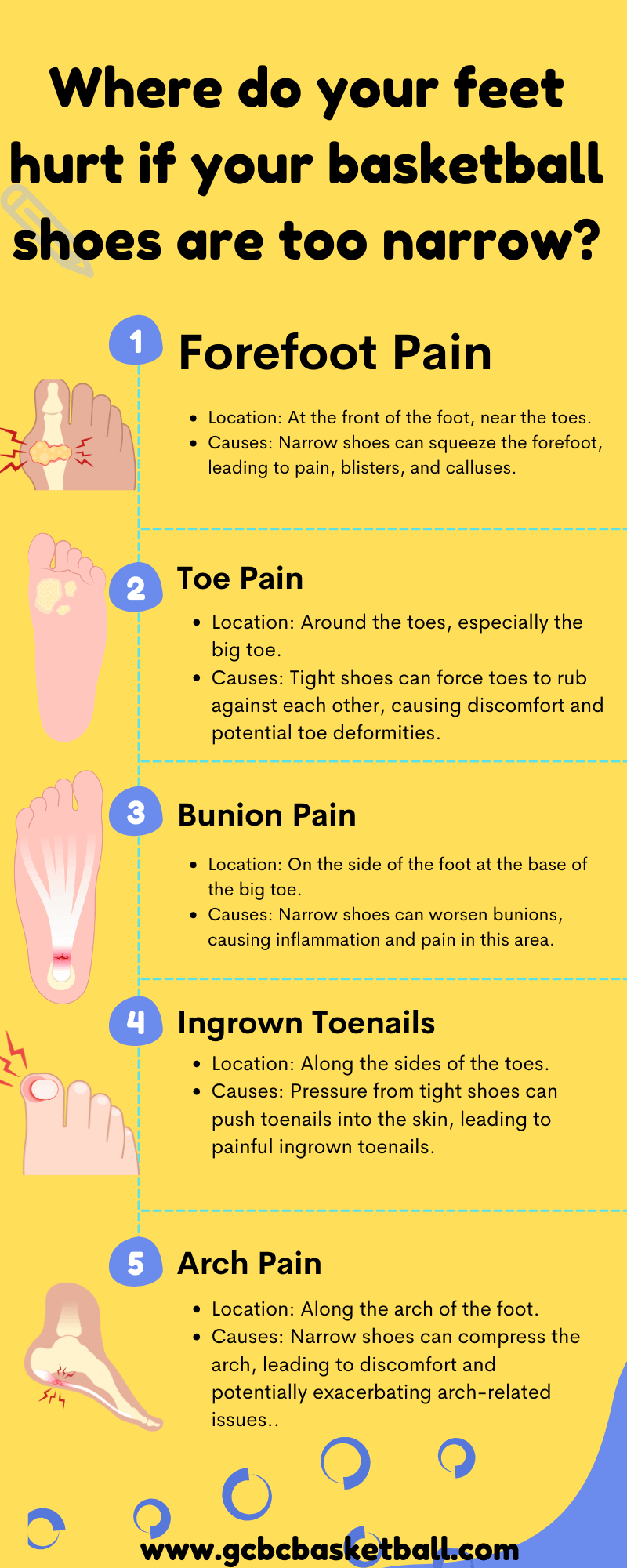
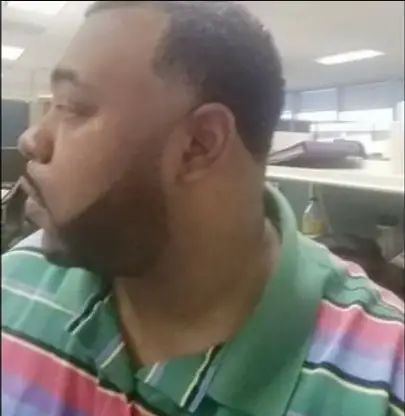
Clyde Jackson III is a basketball coach and the founder of GCBC Basketball, a basketball-related learning and informational website that focuses on helping young players develop their skills on and off the court. With over 15 years of coaching experience, Clyde has worked with players of all ages and skill levels, from beginners to professionals.

